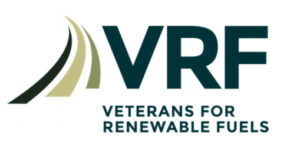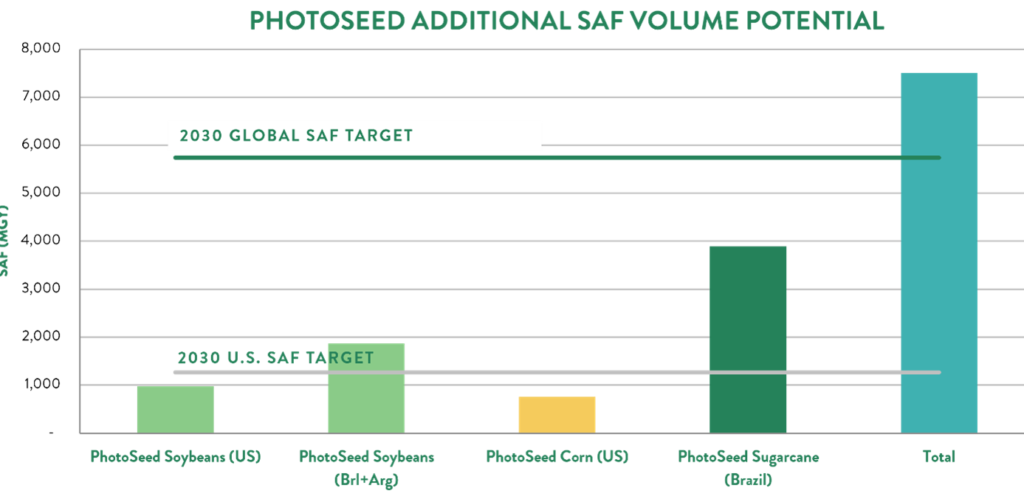 U.S. ethanol exports rose five percent in September, reaching 148.5 million gallons (mg), according to the latest Trade Monitor report from the Renewable Fuels Association.
U.S. ethanol exports rose five percent in September, reaching 148.5 million gallons (mg), according to the latest Trade Monitor report from the Renewable Fuels Association.
Seventy percent of total ethanol exports went to just three major markets – Canada, the United Kingdom, and the European Union.
Canada retained its position as the top destination for the 42nd consecutive month, accounting for 44% of all U.S. ethanol exports. Exports to Canada rose 14% to a nine-month high of 64.9 mg, predominantly comprising denatured fuel. The United Kingdom, with U.S. ethanol shipments rising 25% to a two-month high of 21.1 mg, emerged as the largest market for undenatured fuel ethanol in September. Exports to the European Union continued an upward trajectory for the second consecutive month, surging 44% to a six-month peak of 18.3 mg. Other significant markets included Colombia (12.9 mg, up 30%), Mexico (6.9 mg, down 21%), Oman (6.0 mg, up 7%), India (5.6 mg, down 47%), and the Philippines (5.1 mg, a striking 380% increase). Notably, both Brazil and China were absent from the September export market. U.S. ethanol exports have reached a record 1.39 bg, marking a 37% increase compared to the same period last year.
U.S. exports of dried distillers grains (DDGS) were down 10% in September to a three-month low of 1.01 million metric tons (mt), reflecting mixed market conditions.
Mexico reclaimed its position as the largest market for U.S. DDGS, with exports up 9% to 178,206 mt. Exports to South Korea, while down 18%, remained substantial at 137,591 mt. Shipments to Turkey rose 2% to 119,542 mt, marking a six-month high, and exports to Vietnam surged 23% to a five-month high of 88,942 mt. Other notable markets included Indonesia (64,626 mt, down 9% to a 12-month low), Canada (53,102 mt, up 11%), the European Union (50,917 mt, down 52%), the United Kingdom (41,444 mt, up 78% to a 21-month high), Japan (30,464 mt, up 14%), and New Zealand (30,000 mt, up from zero).









 Applications are now being accepted by the
Applications are now being accepted by the 
